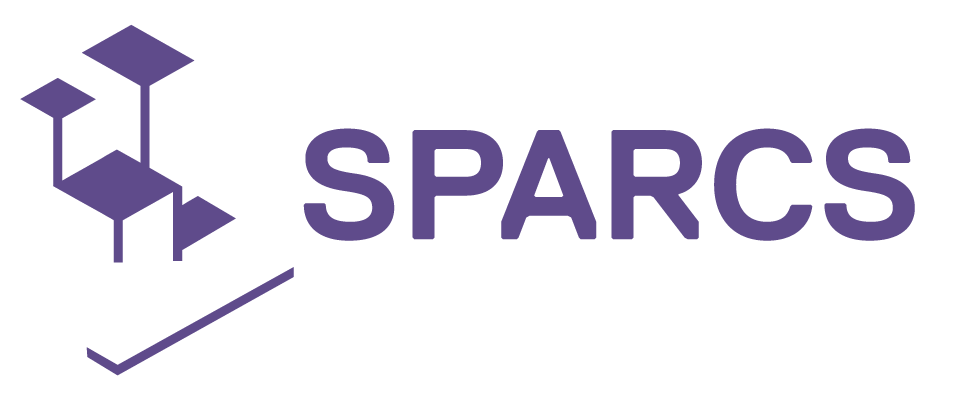

Objective: "A Citizens' Panel is a large, demographically representative group of citizens regularly used to assess public preferences and opinions. When conducted online it is sometimes known as an e-Panel. A Citizens' Panel aims to be a representative, consultative body of local residents. They are typically used by statutory agencies, particularly local authorities and their partners, to identify local priorities and to consult service users and non-users on specific issues. More recently, there have been attempts to form a European Citizens’ Panel at the international level, taking the method beyond its traditional space at the local level." (www.involve.org.uk).
"Citizen panels involve an information phase, in which those interested are informed about the project planned, and a discussion phase, in which the participants can express their views, wishes and ideas. Citizen panels are usually employed at communal level, either to handle one specific issue or as a permanent facility for discussing varying matters of concern to ordinary citizens." (partizipation.at/citizen-panel).
"These panels are composed of citizens selected on the basis of a representative sample of the population. Governments regularly consult the citizen’s panel by postal or telephone surveys, interviews or workshops in order to receive reactions on a variety of policy initiatives” (OECD, 2001).
| Participation level | Target groups | Number of participants | Duration/Timeline | Implementation | Frequency | Budget |
|---|---|---|---|---|---|---|
| Consultation | Any | Up to 100 | 1 day | Adaptable | Any | Medium |